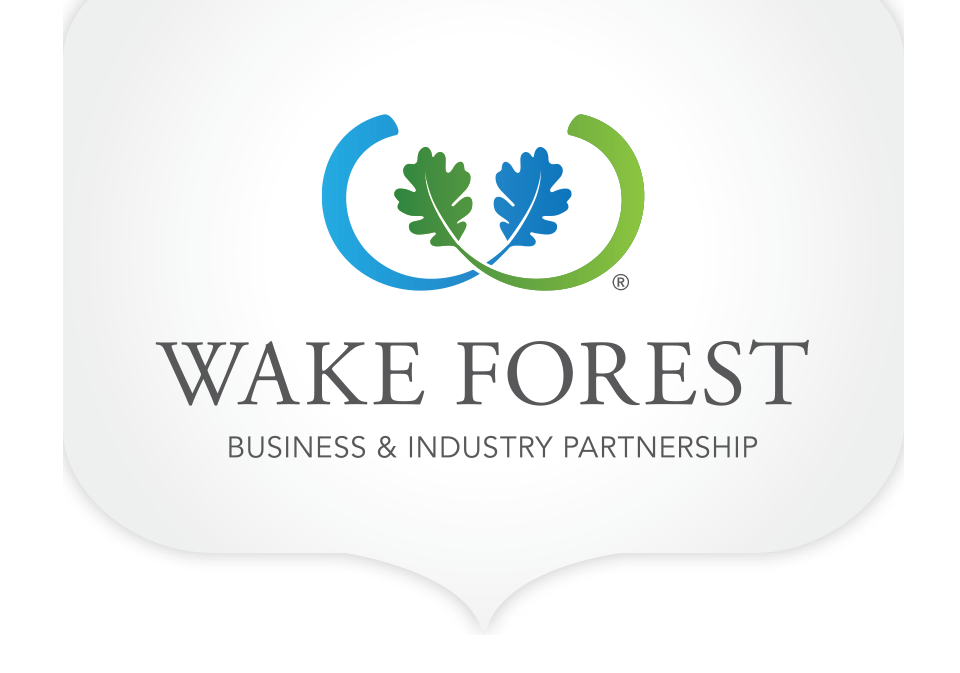Wake Forest, North Carolina is a community with a longstanding upward growth trajectory. While the population has increased by 218% since 2000, the boom in people calling Wake Forest home is only a portion of the Town’s demographic shift lending itself to the success of growth focused businesses, startups, and entrepreneurs.
“The data has consistently demonstrated that people want to be in Wake Forest - to live, to raise families and to conduct business,” said Jennifer Gaston, Senior Project Manager for the Wake Forest Business & Industry Partnership. “I've been doing economic development work for more than 10 years in Wake Forest and it's rewarding to see others recognizing what I've been noticing over the past several years - Wake Forest is no longer just a great place to live, but a phenomenal place to start and grow a business.”
From 2017 to 2018, Wake Forest saw changes across a diverse spectrum of demographic statistics. These include changes in the educational attainment levels of the general population, greater ethnic diversity, significantly increased monetary investment in development activity, and a rise in professional, scientific, and management focused jobs as well as those in the arts and entertainment sector. Represented below are this years most significant demographic shifts representing data from 2017 to 2018:
Population Growth (since 2000): 203% to 218%
Median Household Income: $81,200 to $85,155
Professional, Scientific, & Management Jobs: 14.6% to 14.8%
Arts, Entertainment, & Recreation Jobs: 8.6% to 8.9%
Wake Forest Labor Force (10 mile radius): 77,803 to 96,242
Master’s Degree or Higher: 16.9% to 18%
Bachelor’s Degree or Higher: 54% to 54.7% (23.8% higher than national avg.)
Access to Public, Charter, & Private Grade Schools: 26 school to 30 schools
Issued Non-Residential Permit Value: $44.1 million to $67.9 million
Many of these changes hold a sizable impact on both local and regional business. Expansion of the professional, scientific, and management job market is indicative of a growing class of tech jobs being found in Wake Forest, while an uptick in the percentage of arts and entertainment based jobs displays the rich quality of life found in the community. A rise of 20,000 in the local labor force, mixed with increased local educational attainment is providing a significant abundance of well trained employees for growing companies. Each of these statistics are creating a better ecosystem for businesses in Wake Forest that is further strengthened by the demographic changes of the larger Research Triangle region.
Both regionally and statewide, changes in population statistics and to business specific public policy are also furthering the agenda of both small and large companies. In the Research Triangle region, a growing number of students enrolled at area colleges and universities are injecting the labor force with significant talent. Raleigh-Durham International Airport expanded its services to include 66 non-stop destinations in 2018, up from just 54 in 2017, propelling greater global access from central North Carolina. State and local tax reforms have made both living and working easier with a 4.37% decrease in personal income tax and 16.6% decrease in corporate tax. Greater numbers of local, regional, and global companies calling the Triangle home are providing interconnectivity and opportunity found in few other places in the United States.
According to Gaston, “We are incredibly fortunate to truly have it all here.”
To find out more about the demographic shifts occurring in Wake Forest, North Carolina, discover our Community Profile.





